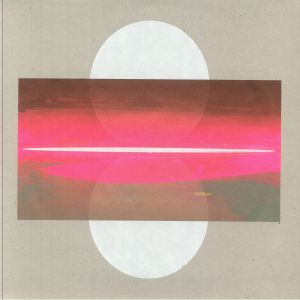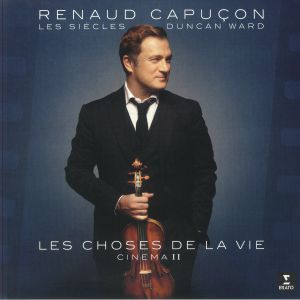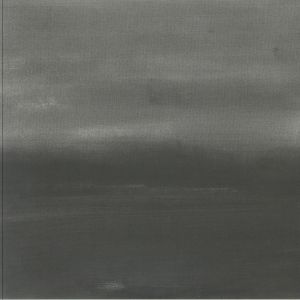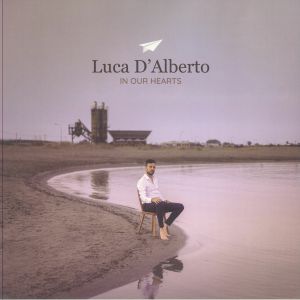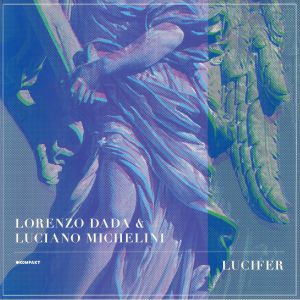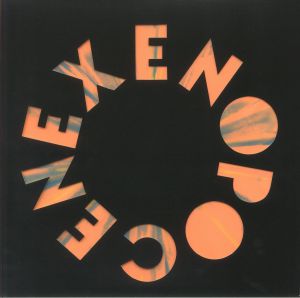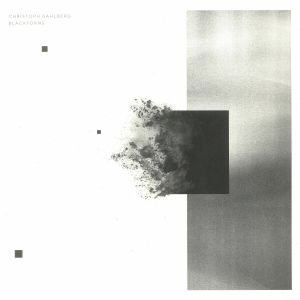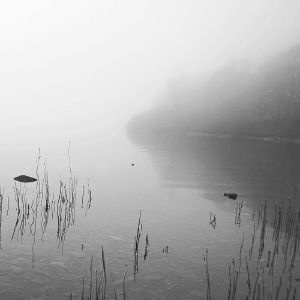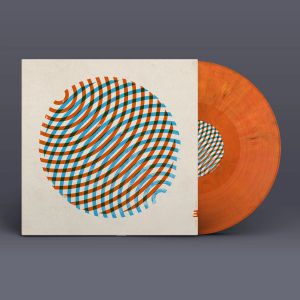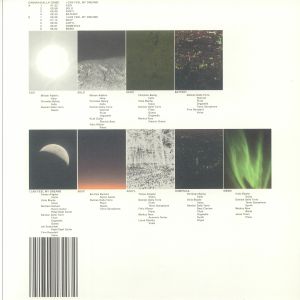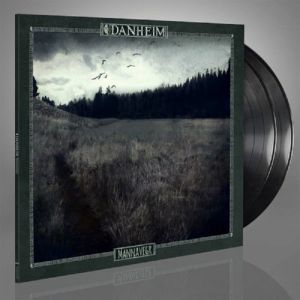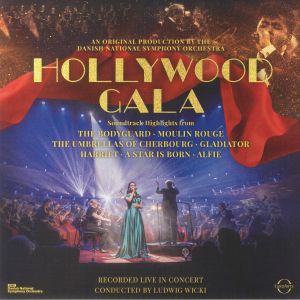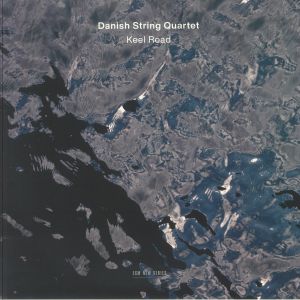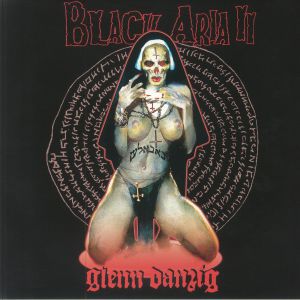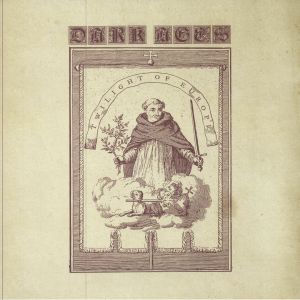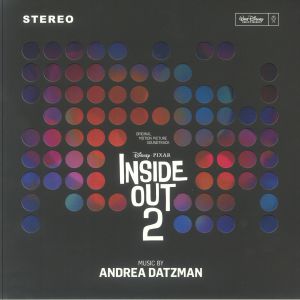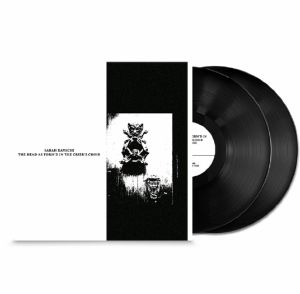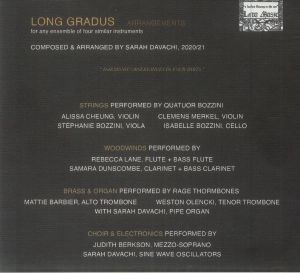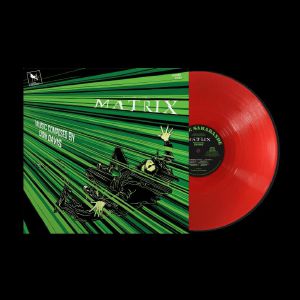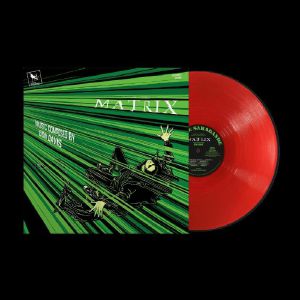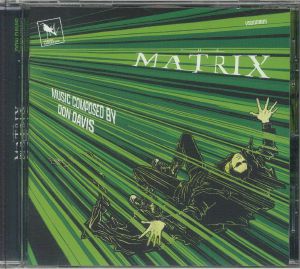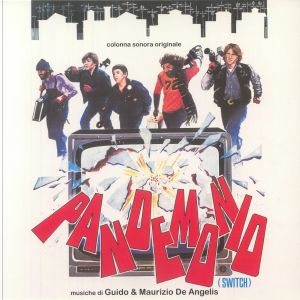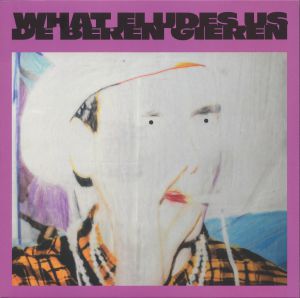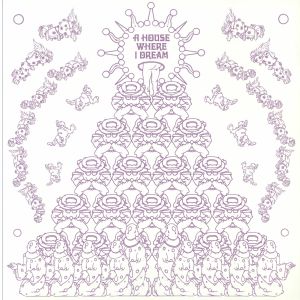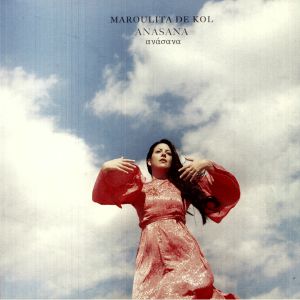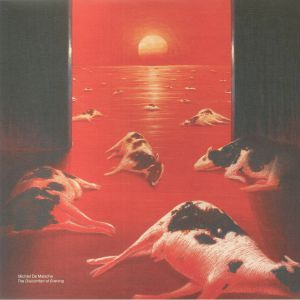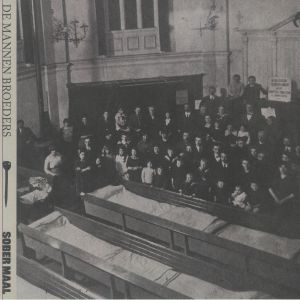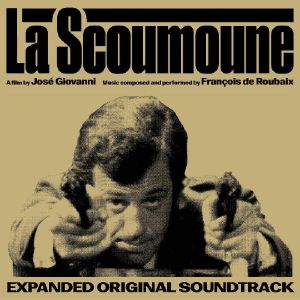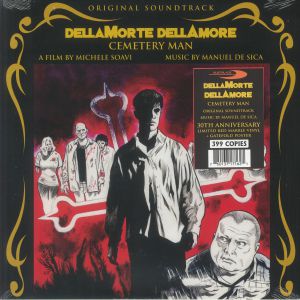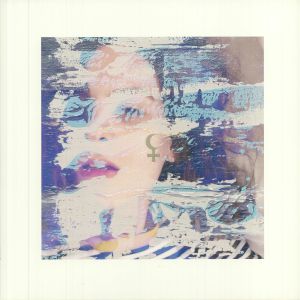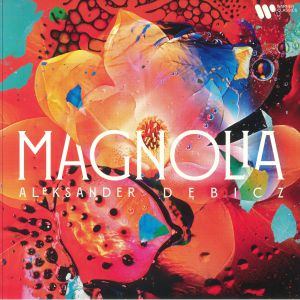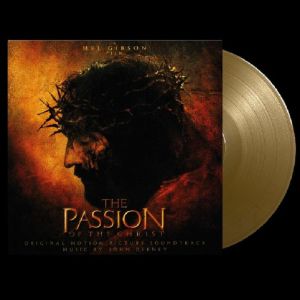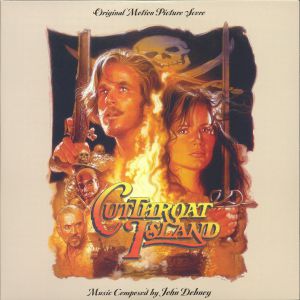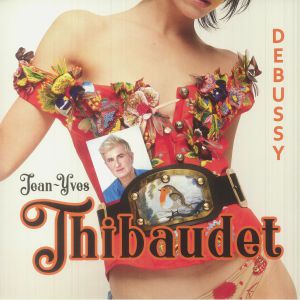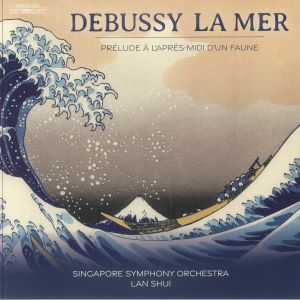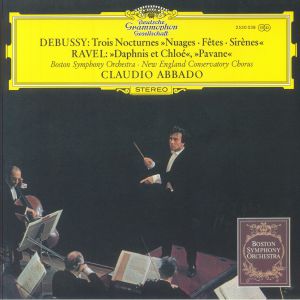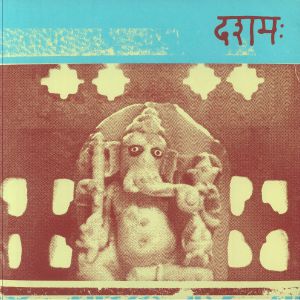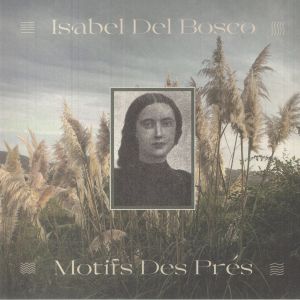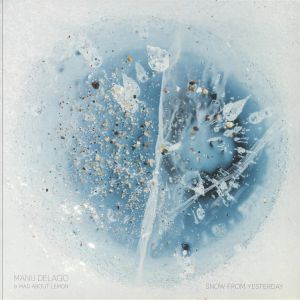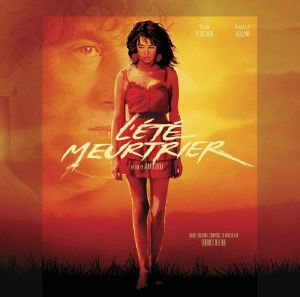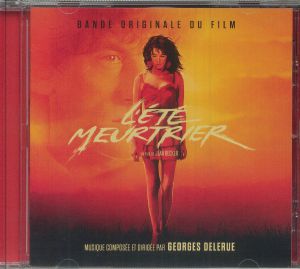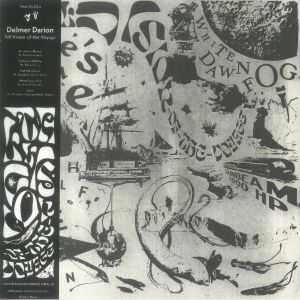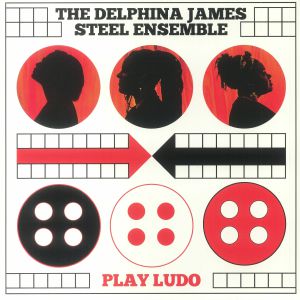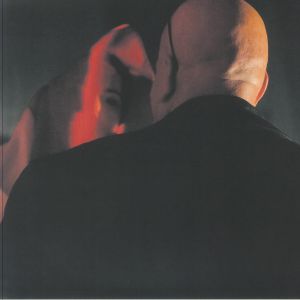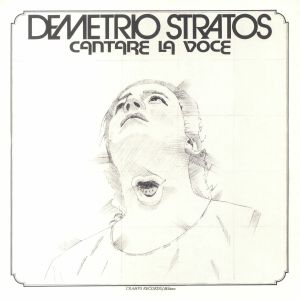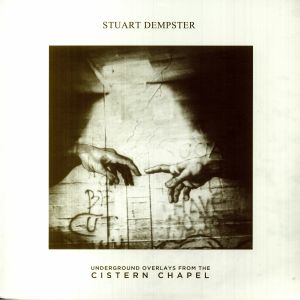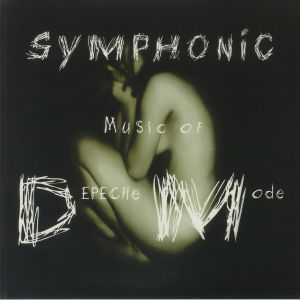Filter
Genre
Stock
Release Date
Artist
Label
Featured
Release Title
Price
Tags
Back catalogue: Classical
Juno's full catalogue of Classical
Singles
Drone Assembly (hand-numbered 12" + insert + sticker + MP3 download code limited to 300 copies)
Cat: BWR 084LP. Rel: 12 Dec 24
in stock $30.54
Álbumes
Juhrop (A Klingon Opera) (hand-numbered 2xLP box set + booklet + insert in die-cut box limited to 250 copies)
Cat: YOUDO 08. Rel: 07 Apr 25
in stock $48.85
Cat: 505419 7833243. Rel: 15 Feb 24
in stock $23.65
in stock $33.30
in stock $29.97
Lucifer (LP + MP3 download code)
Cat: KOMPAKT 485. Rel: 13 May 24
in stock $29.16
Xenopocene (orange splattered vinyl LP in die-cut sleeve)
Cat: LDOD 117. Rel: 05 Apr 24
in stock $43.29
Blackforms (limited gatefold LP + insert + MP3 download code)
Cat: TELE 017LP. Rel: 20 Jan 23
in stock $21.37
This River Only Brings Poison (20th Anniversary Edition) (2xLP + insert)
Cat: KALK 130LP. Rel: 13 Oct 23
in stock $42.48
The Space Between Two Notes (limited orange marbled vinyl LP)
Cat: EDNLP 1253. Rel: 17 Oct 24
Review: Norwegian pianist and composer Eyolf Dale's The Space Between Two Notes is his seventh album on Edition Records. This album reimagines selections from his trio albums Being and The Wayfarers with some rich orchestral arrangements by the Norwegian Radio Orchestra, all conducted by Miho Hazama. Blending jazz and classical music in unique ways, Dale focuses on the nuanced spaces between notes and so creates a horizontal, interval-based musical exploration. His trio, including Audun Kleive on drums and Per Zanussi on bass, achieves a delicate balance while integrating with the orchestra to deliver a seamless, expressive sound that makes for a genre-blurring musical vision.
… Read more in stock $23.88
in stock $27.21
in stock $46.36
Hollywood Gala (LP + insert)
Cat: 088024 2692214. Rel: 02 Mar 23
in stock $36.08
in stock $27.76
Black Aria II (reissue) (limted gatefold "starburst" orange & black splattered vinyl LP)
Cat: CLE 3711. Rel: 25 Mar 24
Review: The long-gestating follow up to 1992's initial instalment, Black Aria II would finally arrive in 2006 after years of discussion from Misfits/Samhain horror-punk visionary Glenn Danzig, and further his exploration into the cavernous realms of modern classical dark ambience. Conceptually based around Lillith, the first wife of Adam, the material here is far more minimalist and starker than its gothic predecessor, while utilising a more varied array of instruments on top of the pre-established organ and strings, with more Eastern sonic influences to conjure a mercurial vision independent of the preceding volume. Complete with eerie chimes, chants and esoteric lamentations, the project marks one of Danzig's most intriguing works when compared to, say, his Elvis covers compilations, and offers a transportive, biblical, haunting narrative delivered almost exclusively via instrumental atmospherics and insidious gloom.
… Read more in stock $41.08
in stock $23.60
Inside Out 2 (Soundtrack) (orange & yellow vinyl 2xLP + insert in die-cut sleeve)
Cat: MTT 584049. Rel: 24 Jan 25
in stock $41.36
Review: Sarah Davachi's latest record, The Head As Form'd In The Crier's Choir, is a septet of compositions, written between 2022 and 2024, that form a conceptual suite and album-length observation of the mental dances that we construct to understand acts of passage. Transient in both name and sound, this stunning, droning set of compositions will work as timely quellers for those currently in a migratory state of mind, literally and/or figuratively. Often basking in the impure associations evoked by pure harmony and tonality, all the pieces are slow-moving, suggesting a lowered existential frame rate. Drawing inspiration from the classical myth of Orpheus and Eurydice - in which Orpheus ventures into Hades while living, dodging the usual psychopompic rites applied to those who have actually died, in a wager with the gods to resurrect Eurydice, his love - Davachi's record is a worthy intertext, bringing stygian drones of egress - woodwinds and electronic stretchings most notably - to the theme.
… Read moreIntérprete: Juno Recommends Leftfield, Juno Recommends Ambient/Drone
in stock $32.49
Review: With 'Long Gradus', Sarah Davachi seizes the opportunity to take one idea and explore it from as many angles as possible. The celebrated composer and ambient artist is consistently investigating musical possibilities from a learned, authoritative perspective and so this latest project finds her expanding on an initial invitation to the Composer's Kitchen residency in the Netherlands. Fundamentally scored for a string quartet, Davachi's intention with the stirring, sustained tension of 'Long Gradus' was that it could be performed on a number of different instruments, and this expansive four-CD edition on her Late Music label presents the piece performed on woodwinds, brass and organ and choir and electronics alongside the fundamental string version.
… Read more in stock $36.36
O Helge Natt
Weihnachten
Silent Night
Jul, Jul, Stralande Jul
Deilig Er Jorden
Mitt Herte Alltid Vanker
Julvisa
Jesu Bleibet Meine Freude
Maria Wiegenlied
Ave Maria
Schlafendes Jesuskind
The First Nowell
O Come All Ye Faithful
O Holy Night
in stock $29.97
The Matrix (Soundtrack) (25th Anniversary Edition) (gatefold 'red pill' vinyl LP)
Cat: VSD 899. Rel: 14 Nov 24
in stock $34.15
The Matrix (Soundtrack) (25th Anniversary Edition) (B-STOCK) (gatefold 'red pill' vinyl LP)
Cat: VSD 899 (B-STOCK). Rel: 01 Jan 90
B-STOCK: Sleeve damaged but otherwise in excellent condition
in stock $32.19
Cat: 888072 627321. Rel: 18 Nov 24
in stock $21.93
Switch/Pandemonio (Soundtrack) (limited crystal clear vinyl LP)
Cat: DDJLP 28DLX. Rel: 03 Mar 25
in stock $36.36
in stock $24.16
in stock $25.26
Review: Described as an ecstatic ritual singer, pianist, and ambient composer, Maroulita de Kol demonstrates the rapturous breadth of her vision with Anasana, her latest LP on Phantom Limb. Channelling her Greek heritage into a fusion of Hellenic folk-musical traditions and cinematic electronic/ambient composition, this is an arresting catharsis in just five tracks, boasting classical piano mastery and huge attention to textural detail.
… Read more in stock $22.20
in stock $20.55
Sober Maal ("coke bottle" green vinyl LP + booklet)
Cat: RR 75641. Rel: 10 Oct 24
in stock $23.88
La Scoumoune (Soundtrack) (gatefold 2xLP + insert)
Cat: 927852. Rel: 10 Apr 25
Intrusions Des Racketteurs Noirs Dans Les Maisons Closes De La Ficelle Et De L’Elegant (version alternative) (2:56)
Review: Decca and CAM Sugar present the complete edition of Francois de Roubaix's historic La Scoumoune score, contracting unreleased tracks, demos, and alternate takes. The 1970 thriller, directed by Jose Giovanni and starring Jean-Paul Belmondo, witnesses a small-time crook entangle himself in a torrid torsion of crime and fate, themes mirrored in de Roubaix's palpating score. Roubaix blended barrel organs, synths and unconventional sounds like rattles and springs, inculcating in the viewer the thrill of the chase, while the formal strategy to use entirely different instruments for each track went on to nail its touchstone status. Now a well of versatility, it comes regularly sampled in hip-hop and electronica; remixes by Alessandro Baldessari, Jean-Michel Bernard, and Benjamin de Roubaix, doing justice to a record whose very being seems to beg out loud for the remixing.
… Read more in stock $38.03
Dellamorte Dellamore: Cemetery Man (Soundtrack) (30th Anniversary edition) (limited red marbled vinyl LP + poster)
Cat: RBL 068LP2. Rel: 19 Dec 24
Review: Michele Soavi's Italian cult horror masterpiece is now 30 years old and has more than stood the test of time. With music composed by Manuel De Sica, the soundtrack masterfully captures the film's darkly comedic and eerie tone by blending gothic atmospheres with electronic grooves and jazz undertones. The score balances sinister and mundane moods effortlessly to perfectly complement the film's unique narrative. This special edition honours De Sica's genius and exemplifies his ability to create haunting yet melodic compositions that resonate with fans of both horror and film music.
… Read more in stock $30.26
in stock $24.42
Pluperfect Mind (limited blue marbled vinyl LP + MP3 download code)
Cat: LPNNA 142BLUE. Rel: 24 Dec 21
in stock $23.88
in stock $30.82
The Passion Of The Christ (Soundtrack) (limited numbered 180 gram audiophile gold vinyl LP + booklet)
Cat: MOVATM 055G. Rel: 02 Apr 25
in stock $34.15
Cutthroat Island (Soundtrack) (reissue) (gatefold 180 gram audiophile vinyl 2xLP)
Cat: QRLP 44. Rel: 01 Mar 24
in stock $44.97
24 Preludes (limited gatefold black & orange smash vinyl 2xLP)
Cat: 485314 3. Rel: 23 Nov 23
in stock $39.42
Prelude A L'apres-midi D'un Faune (heavyweight audiophile vinyl LP)
Cat: GMLP 881. Rel: 25 Mar 25
in stock $23.31
Nocturnes & Daphnis Et Chloe Suite Nr 2 & Pavane Pour Une Infante Defunte (gatefold 180 gram vinyl LP + insert)
Cat: 948664 08. Rel: 14 Nov 24
in stock $49.96
Morning & Evening Ragas Vol 4 (hand-numbered vinyl LP limited to 100 copies)
Cat: DAK 020LP. Rel: 11 Oct 24
in stock $47.48
Motifs Des Pres (hand-numbered 180 gram vinyl LP limited to 300 copies)
Cat: HH 09LP. Rel: 14 Dec 23
in stock $34.70
Snow From Yesterday (limited clear vinyl LP + booklet)
Cat: TPLP 1890LTD. Rel: 01 Feb 24
Intérprete: Juno Recommends Broken Beat Nu Jazz
in stock $24.16
L'Ate Meurtrier (Soundtrack) (yellow vinyl LP)
Cat: DV 13234. Rel: 02 Apr 25
in stock $40.53
in stock $22.20
Tall Vision Of The Voyage (black & grey splattered vinyl LP with obi-strip)
Cat: PMVXLP 04. Rel: 28 Sep 23
Review: Talk about taking risks. Delmer Darion's jaw-dropping second album is like no other you'll hear this autumn. Trust us. Taking inspiration from legendary tales like Jules Verne's Voyages Extraordinaires, the record is split into two powerful halves. On the one side, industrial electronica and bewitching vocals meet in this abrasive but beautiful sonic place that owes as much to darkroom pop as it does experimental synth-dom. Blending elements of shoegaze, ambient and doom folk, it's a place thick with mystery and awe, wonder and, to a lesser extent, fear, and one you want to spend plenty of time in. Part two, meanwhile, does away with what small amount of convention was there before, and opts for an 18-minute spoken word masterpiece, rooted in Arthurian lore but at surface level focused on the 1919 sinking of HMY Iolair, off the coast of Stornoway.
… Read more in stock $21.09
Review: The Delphina James Steel Ensemble's Play Ludo is the follow up record to Pan Machine, a well received and critically acclaimed long player. This one is another unique proposition with rich steel band sounds taking on modern classical compositions. They are all lush in their arrangements, with plenty of moments of intimacy next to rousing melodies. Some tunes shimmer with a wintry chill and others are warm and diffuse like a hot summer's day. Another original work by this fine band.
… Read more in stock $20.55
in stock $28.86
Cantare La Voce (reissue) (hand-numbered gatefold 180 gram white vinyl LP)
Cat: 196587 043513. Rel: 21 Apr 23
in stock $34.98
Cat: IMPREC 485LP. Rel: 06 Sep 23
in stock $42.19
DEPECHE MODE / VARIOUS
Symphonic Music Of Depeche Mode (clear vinyl LP limited to 300 copies)
Cat: CLOLP 3235. Rel: 18 Apr 24
in stock $31.37

 USD
USD





